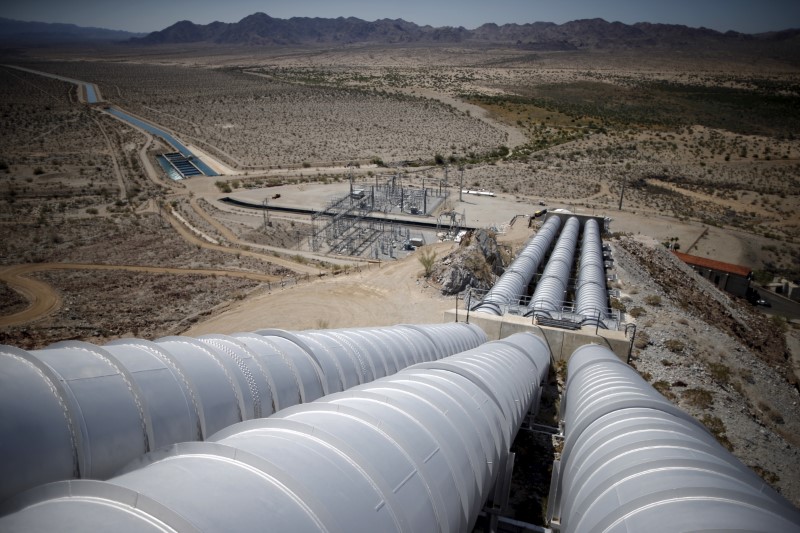Crude Oil Prices Weaken; Chinese COVID Cases Mount
2022.07.19 16:33

By Peter Nurse
Investing.com — Oil prices weakened Tuesday, weighed by concerns the rising numbers of COVID-19 cases in China will hit global demand, although supply tightness will curb losses.
By 9:15 AM ET (1315 GMT), U.S. crude futures traded 2% lower at $97.45 a barrel, while the Brent contract fell 1.6% to $104.63.
U.S. Gasoline RBOB Futures were down 1.1% at $3.2289 a gallon.
China, the world’s largest importer of crude, reported nearly 700 cases on Monday, after reporting 1,000 over the weekend. While these numbers are low in the global context, Beijing has maintained a “dynamic zero COVID” policy of containing outbreaks as soon as they emerge, with its strict measures disrupting the outlook for the world’s second largest economy.
Most importantly, for global markets, the key trade hub of Shanghai has ordered another couple of rounds of mass testing for most of the city’s 25 million inhabitants. More extensive business closures have been reported in the southern province of Guangxi, the city of Chengdu, while the northern port city of Tianjin has become the latest big city to fight the virus.
That said, prices still remain elevated given ongoing supply concerns as Western sanctions on Russian crude and fuel supplies over the Ukraine conflict have disrupted trade flows.
U.S. President Joe Biden’s trip to Saudi Arabia late last week failed to result in any pledges from the top producer to boost oil supply, and attention will quickly turn to the early August meeting of the Organization of Petroleum Exporting Countries and allies for further news on output levels.
“Clearly the market has had time to digest President Biden’s visit to the Middle East and come to the conclusion that it is unlikely that OPEC members will increase output more aggressively than planned in the short term,” said analysts at ING, in a note.
Potentially impacting on supply this week is the resumption of Russian gas flows to Europe via the Nord Stream 1 pipeline, which is scheduled to end maintenance on Thursday.
While the continent is currently suffering a heat wave, and thus the need for heating is diluted, the extension of the shutdown could make things very difficult for a number of European countries, and Germany in particular, later in the year.
France has responded by agreeing to pay some $10 billion to buy out the free shareholders of Electricite de France, the continent’s biggest power generator, thinking nationalization was the only way to ensure that the company will be able to build a new generation of nuclear reactors.
The American Petroleum Institute releases its weekly stockpiles data at 04:30 PM ET, as usual, with a preliminary Reuters poll suggesting U.S. crude and distillate supplies may have risen last week while gasoline stockpiles likely fell.








